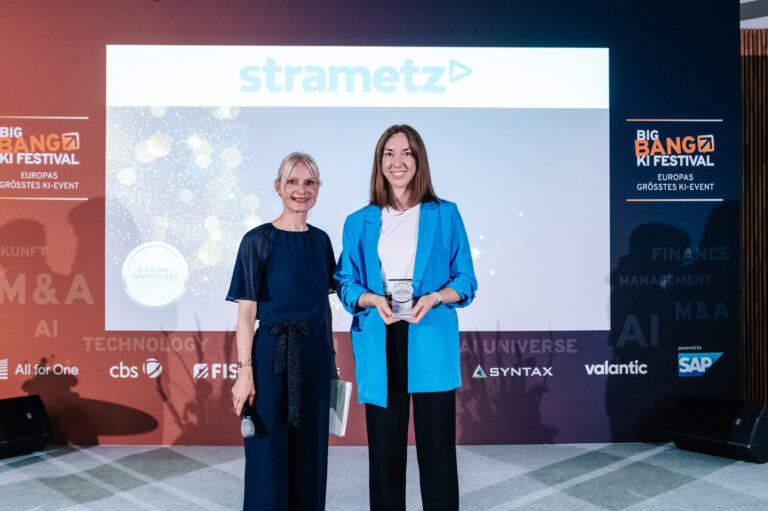Impact of the Corona Crisis on Leadership Culture in Companies
Energy Factory St. Gallen and HR Pepper Management Consultants collaborated in April 2020 to examine how the Corona Crisis is impacting leadership culture and success in organizations. The result: top executives apparently tend to lose touch with reality!
Low role model function of top management
Apparently, the top executives of the 300 companies surveyed have a much more positive view of both their own work and their company’s culture than other organizational members. There is a high spread between the self-perception and the perception by others within the different management levels.
Middle managers in particular lack strong leadership, so they currently experience little exemplary, inspiring and visionary behavior from their manager. A high proportion of middle managers feel virtually abandoned by widespread laissez-faire leadership.
Nevertheless, 20 percent of middle managers also perceive their top management as role models and credit them with inspiring leadership, empowerment and working on flexible structures. This type of leadership leads to a significant increase in productivity and an increased sense of well-being among those being led.
Strengthening leadership and acting as a role model in the crisis
It can be poison for an organization when the perceptions of different levels of leadership on the state of the organization differ so significantly. In the study, Heike Bruch and Matthias Meifert name six activities to strengthen leadership and role modeling in a crisis:
- Strengthen dialogue [&] open feedback in the organization to avoid blind spots and distorted perceptions
- Visibly act as a role model through symbolic, authentic actions.
- Finding out how other organizational members are doing (through pulse checks, networking, etc.)
- Discuss stresses and boundary experiences and support virtual work
- Empowerment through flexible structures and fluid forms of work
- Develop leadership skills for inspirational leadership – even in remote mode
Top executives are thus held accountable for reviewing their view of the current leadership situation in the organization, adjusting their own behavior, and providing support to middle managers.
For further interesting insights please have a look at our studies











